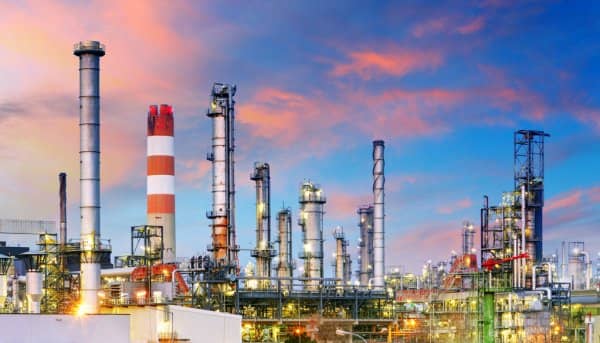Welcome To ChemAnalyst

The Covid19 pandemic is again at large in Europe forcing the population in the region to live under lockdown constraints. With fading vaccine immunity, the infection and death rates are breaking records with each passing day. Similar to the first three waves, the petrochemical industry is grappling with the wrath of the fourth pandemic wave that threatens to impose severe losses, starting with supply chain disruption.
The market fundamentals in Germany, which is the heartland of chemicals and the largest export-intensive country in Europe, are under severe supply-demand stress amid the ongoing logistic crisis. Supply chains are critical to maintaining a stable flow of petrochemicals from manufacturers to downstream sectors spread across different countries. The demand for petrochemical feedstocks like ethylene, propylene, naphtha etc. in the international markets is rife with rebounding economies and normalcy in operations seeping in. However, the lockdown constraints are restricting German petrochemical producers to take advantage of the firm demand as their profit margins are drastically declining due to having to delay their shipments or pay more for transporting chemicals on time. In this view, many producers are even considering raising the prices of their products.
Petrochemical feedstocks such as naphtha, natural gas, and intermediates like ethylene, propylene etc. are of vital significance in the petrochemical industry where these are exploited to produce a range of industrially important chemicals like polyolefins (which are the major plastic constituents), synthetic rubber, performance adhesive, fertilizers, pharmaceuticals, emulsifiers etc.
As per ChemAnalyst, the pandemic resurgence in Europe has brought back the memories of earlier disruptions and losses that was endured by the petrochemical industry which has still not recovered completely. With a limited workforce and crippled logistics, German manufacturers are struggling to keep up with their operations and export activities. The rise in the cost of exported goods will bring a destabilization in the downstream sectors as these will struggle to capitalize on the sale of imported chemicals-based downstream products at reasonable prices, causing these sectors to resort to hiking the selling price of the finished products. The pandemic restriction also puts the domestic demand in jeopardy as it is expected to go weak with limited activities taking place in the region. Overall, the situation may bring a slowdown to the country’s economy for a few months amid reduced exports and domestic sales of the petrochemical feedstocks.
We use cookies to deliver the best possible experience on our website. To learn more, visit our Privacy Policy. By continuing to use this site or by closing this box, you consent to our use of cookies. More info.
